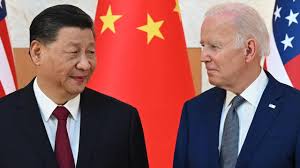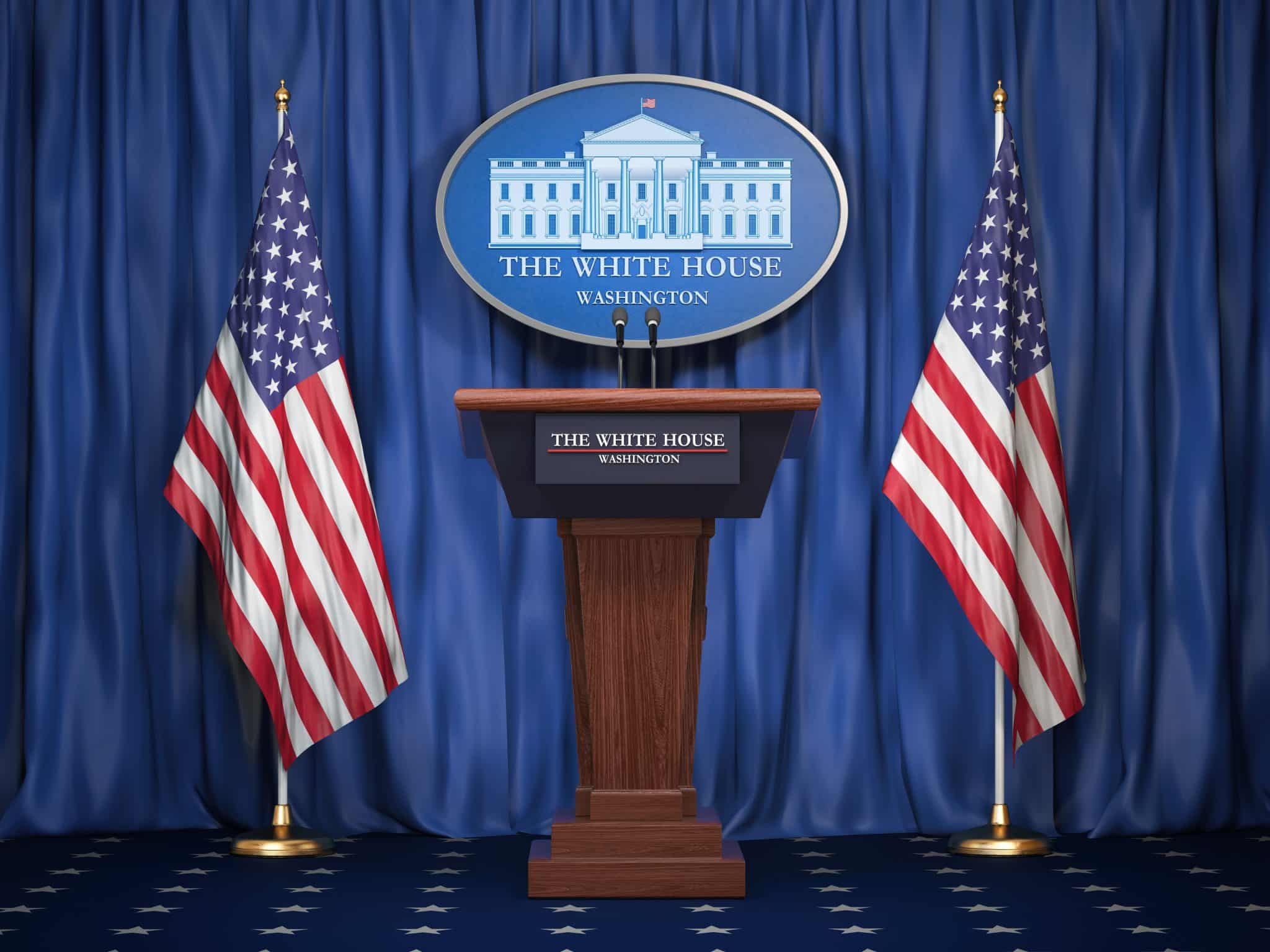The American Institute in Taiwan Chair Laura Rosenberger has sworn in Taipei and Washington that the United States maintains a neutral position toward Taiwan’s presidential election. She has also stressed that the U.S. opposes other outside interference in the elections, meaning, of course, from the Chinese Communist Party. Anyone with discernment knows that while this has always been the official U.S. position, the U.S. wants to influence Taiwan’s elections just as much as China does.
In a whirlwind trip to Taiwan last month, Rosenberger visited three presidential candidates. When AIT held an Independence Day celebration in Taipei, not only did President Tsai Ing-wen attend, but so did these three candidates. Of them, currently Ko Wen-je is the only one to have visited the U.S., but Lai Ching-te and Hou You-yi are planning respective trips to America in August and September. An unwritten rule in Taiwan is that candidates must first “interview” with the U.S. It looks like this year there will be more than one interview.
On July 4, Lai, the Democratic Progressive Party nominee, wrote an opinion letter to The Wall Street Journal in which he announced the “four pillars” of his candidacy. He placed supporting the cross-strait status quo fourth and strengthening national defense first.
As a “pragmatic worker for Taiwanese independence,” Lai would of course declare his position to the U.S. to prevent any suspicion. His intentions could not be more obvious: American policy is to use Taiwan as a gateway for resisting China, and even as an arsenal on East Asia’s first island chain.
Not only has the U.S. increased its arms sales to Taiwan, but the DPP administration, under pressure from the U.S., decided to extend its compulsory military service for young people to one year. When Kuomintang nominee Hou simply mentioned that he would not rule out shortening the service period to four months, he immediately received American scrutiny and changed his tune. If you are looking for a country on Earth that is more concerned than the U.S. about another country’s compulsory service period, I’m afraid there is none.
Now Taiwan must not only prepare an enormous defense budget every year, but the time young people serve must be extended. And the risk that they will have to go to war at any time is even more likely. However, as everyone knows, this is a game of chess between the U.S. and China.
Secretary of State Antony Blinken had just finished his trip to Beijing when Treasury Secretary Janet Yellen arrived in China, and next, John Kerry, the climate ambassador, is preparing to travel to China. Even though Blinken and Yellen are high-level officials, China sent department directors from the Foreign Affairs Ministry and Finance Ministry to meet them at the airport. China was clearly trying to embarrass the U.S., and Blinken and Yellen could only accept the humiliation silently.
Before Yellen left on her trip, President Joe Biden publicly called China’s leader Xi Jinping a dictator, which drew strong protests from China. In the end, however, this did not affect Yellen’s itinerary, and she saw everyone she was scheduled to. Unlike Blinken on his trip, though, she did not meet Xi.
Yellen has been called Washington’s last dove, which Beijing is naturally aware of, especially since the trade volume between the U.S. and China reached a record $620 billion last year. As the economies of both countries are in a downturn, the two superpowers must hold the line at struggling but not escalating conflict.
The CCP wants to give the KMT credit for allowing Taiwanese sugar apple and milk fish exports to China. Similarly, Beijing naturally wants to influence Taiwan’s election. A relief for Beijing, Hou has finally voiced support for the “1992 consensus,” which has been a temporary calming force. How long it will remain effective, however, will be tested in the future.
The game between the U.S. and China is sometimes softball, sometimes hardball, sometimes hawkish, sometimes dovish — a struggle that does not escalate, all because each side wants to safeguard its own interests. Xi can tolerate Biden calling him a dictator, but Biden must likewise tolerate the CCP sending department directors to meet the plane. Both sides realize that in the current international situation, there is no “winner takes all” anymore.
The presidential election of the Republic of China falls on the chessboard in the game between the U.S. and China. It is both a chess piece and a chess player. Taiwan’s politicians and voters must recognize that both the U.S. and China want to influence this election. The candidates and electorate can similarly manipulate it so that they influence the two superpowers instead. Only when Washington and Beijing know that Taiwan does not just obediently follow orders can a three-way balance be established. And only then can the best interests of the Taiwanese be protected.
Shop For Night Vision | See more…
Shop For Survival Gear | See more…
-
Sale!

Stainless Steel Survival Climbing Claw Carabiner Multitool Folding Grappling Hook
Original price was: $19.99.$9.99Current price is: $9.99. Add to cart -
Sale!

Mesh Shooting Hunting Vest with Multi Pockets
Original price was: $59.99.$39.99Current price is: $39.99. Add to cart -
Sale!

Japanese 6 inch Double Edged Hand Pull Saw
Original price was: $19.99.$9.99Current price is: $9.99. Add to cart



















































